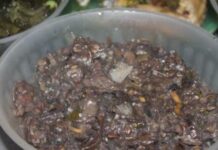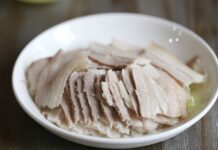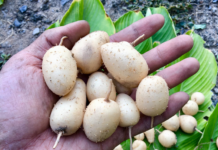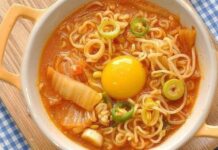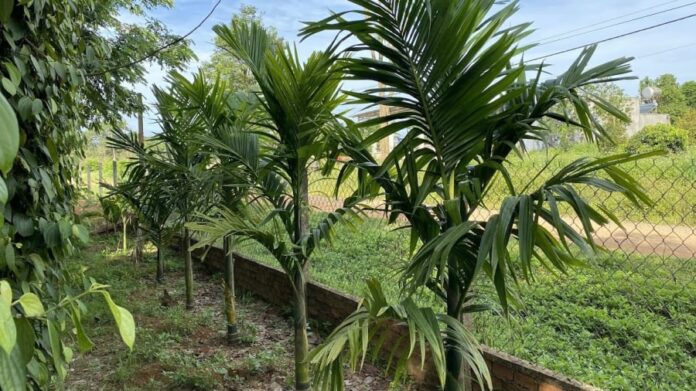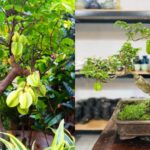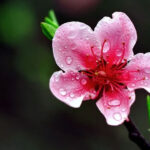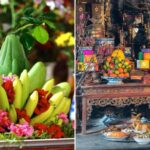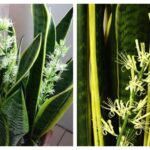**1. The Areca Palm – A Symbol of Nobility and Wealth**
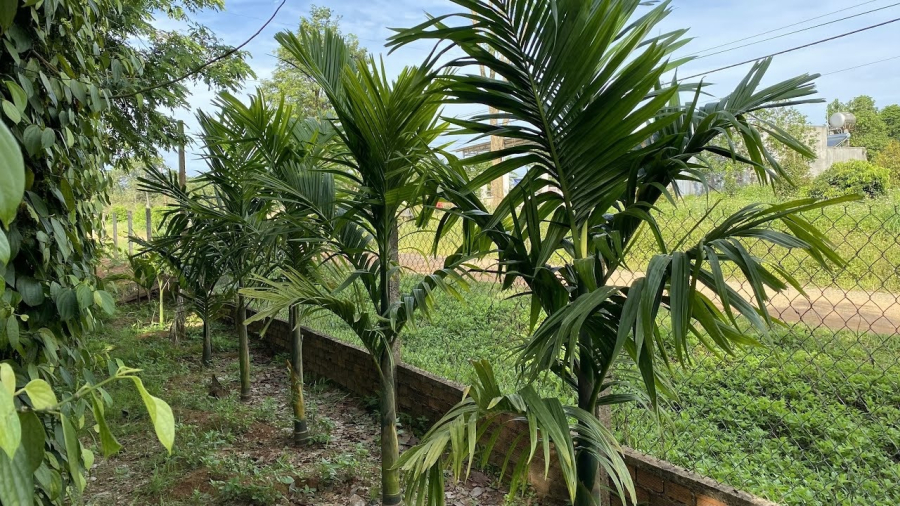
No Matter How Poor, Don’t Cut Down This Tree: A Thriving Tree Brings Wealth, a Withering One Brings Misfortune
The Areca Palm has long been intertwined with Vietnamese culture, featuring in poetry and spiritual life. It symbolizes purity and uprightness, representing longevity and good fortune. Traditional belief holds that planting this palm in front of a house invites prosperity and wards off ill fortune, preserving peace for the household.
In Feng Shui, the tall, straight stature of the Areca Palm, with its neatly arranged fronds, is believed to facilitate the smooth flow of positive energy without obstructing sunlight. Thus, cutting down this tree may disrupt the beneficial energy dynamics, impacting the family’s well-being and prosperity.
**2. The Pagoda Tree – Emblem of Prestige and Wealth**
The Pagoda Tree has long been regarded as a symbol of wealth and academic achievement. Folk belief holds that a Pagoda Tree at the entrance brings success and brilliant careers for the household’s descendants. During feudal times, people often planted these trees, hoping for family members to pass imperial examinations and become officials.
Older Pagoda Trees, in particular, are considered more valuable in Feng Shui, believed to attract wealth and safeguard the family from misfortune. Cutting down such a tree is thought to sever the flow of good fortune, diminishing the family’s luck and prosperity.
**3. The Eucommia Ulmoides Tree – Harbinger of Abundance and Prosperity**
The Eucommia Ulmoides Tree is renowned for its resilience and is considered a symbol of abundance and stability. In Eastern culture, it is believed to attract wealth and protect the family from negative influences.
Planting this tree on one’s property is thought to invite financial prosperity, especially in business ventures. Therefore, cutting it down could inadvertently disperse accumulated wealth, impacting the family’s economic well-being.
**4. The Pear Tree – A Harbinger of Fortune and Harmony**
The Pear Tree is not only valued for its sweet fruit but also holds profound Feng Shui significance. In folk belief, it symbolizes abundance, fulfillment, and prosperity. A bountiful harvest of pears signifies increased blessings for the family.
Additionally, the Pear Tree represents familial harmony and unity. Some believe that cutting down this tree invites misfortune, impacting the family’s financial situation and harmonious relationships.
These four types of trees hold significance beyond their aesthetic or ecological value, as they are believed to attract prosperity, peace, and good fortune. Therefore, homeowners are advised to carefully consider the implications before cutting them down. If relocation or replanting is necessary, consulting Feng Shui principles can help maintain positive energy dynamics and ensure the continued well-being of the household.
(Disclaimer: This article is for reference only.)
The Ultimate Guide to Choosing and Caring for Peach Blossoms this Lunar New Year to Invite Prosperity into Your Home
The tradition of displaying peach blossoms during the Tet holiday, a time of celebration and renewal in Vietnamese culture, is steeped in symbolism and significance. For generations, families have meticulously selected and adorned their homes with these delicate blooms, believing they bring joy and good fortune for the coming year. This ritualistic practice of welcoming spring and its promise of new beginnings through the beauty of nature is a cherished custom, unique to the Tet festival, and an integral part of bringing the festive spirit into Vietnamese homes.











